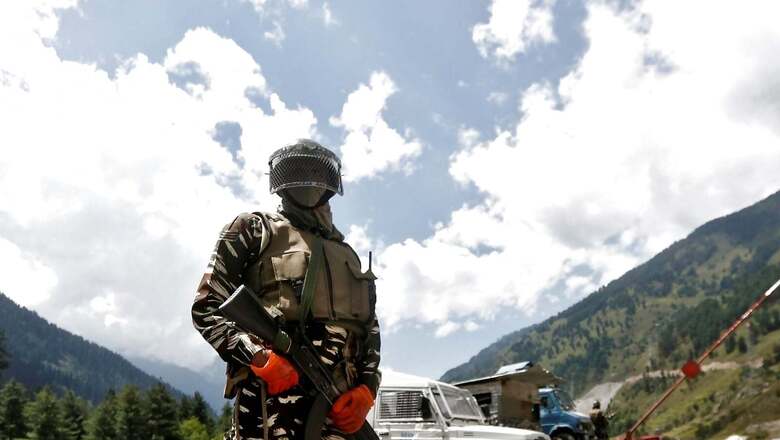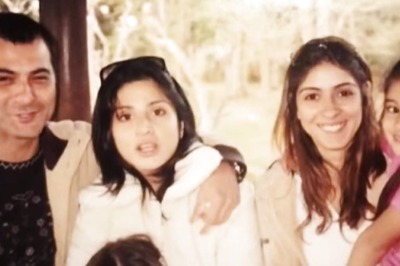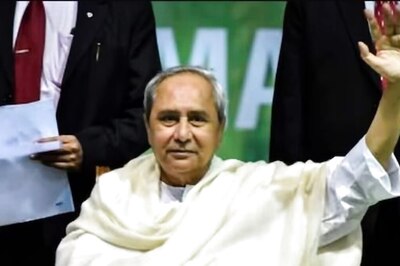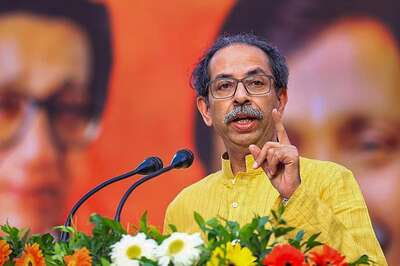
views
India and China have decided to disengage troops from Gogra Heights in eastern Ladakh following the 12th round of commander-level military talks that were held on Saturday, sources in the security establishment said. The process on the ground will begin in three days, the sources added.
Both sides had held detailed deliberation last week, but are yet to arrive at a mutual consensus on Hot Springs – a friction point in eastern Ladakh. The nine-hour meeting took place at the Moldo border point on the Chinese side of the Line of Actual Control (LAC) in eastern Ladakh.
In the next 3-4 days, both sides are likely to pull back their troops to create a wider buffer zone in Gogra Heights, sources in the defence ministry said. A detailed statement will be issued soon, they added.
Currently, about 50 soldiers on both sides are at striking distance of each other. Sources have called Gogra a low hanging fruit as the small number of troops make it easy for both sides to disengage quickly.
Twice before attempts have been made to disengage at Gogra and Hot Springs but the process was stalled mid way by the Chinese. Both sides have a small mirror detachment on their side.
India has been insisting that the resolution of the outstanding issues, including at Depsang, Hot Springs and Gogra, is essential for the overall ties between the two countries. The latest round of talks took place after a gap of more than three and a half months. The 11th round of military dialogue had taken place on April 9 at the Chushul border point on the Indian side of the LAC and it lasted for around 13 hours. The 12th round of military talks took place over two weeks after External Affairs Minister S Jaishankar firmly conveyed to his Chinese counterpart Wang Yi that the prolongation of the existing situation in eastern Ladakh was visibly impacting the bilateral ties in a “negative manner”.
The two foreign ministers had held a one-hour bilateral meeting on the sidelines of a conclave of the Shanghai Cooperation Organisation (SCO) in Tajik capital city Dushanbe on July 14. In the meeting, Jaishankar had told Wang that any unilateral change in the status quo along the LAC was “not acceptable” to India and that the overall ties can only develop after full restoration of peace and tranquillity in eastern Ladakh.
In the last round of military talks, both sides discussed ways to take forward the disengagement process in Hot Springs, Gogra and Depsang with a larger aim to bring down tensions in the region. However, there was no forward movement in the disengagement process. The Indian delegation at Saturday’s talks was led by Lt Gen PGK Menon, the Commander of the Leh-based 14 Corps.
The border standoff between the Indian and Chinese militaries erupted in May last year following a violent clash in the Pangong lake areas and both sides gradually enhanced their deployment by rushing in tens of thousands of soldiers as well as heavy weaponry. As a result of a series of military and diplomatic talks, the two sides completed the withdrawal of troops and weapons from the North and South banks of Pangong lake in February in line with an agreement on disengagement.
Each side currently has around 50,000 to 60,000 troops along the LAC in the sensitive sector.
(With PTI inputs)
Read all the Latest News, Breaking News and Assembly Elections updates here.



















Comments
0 comment